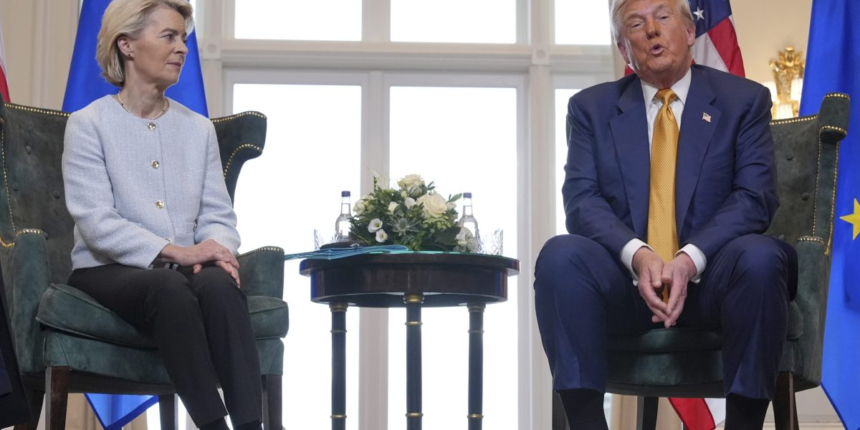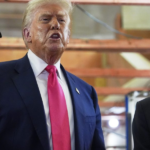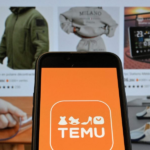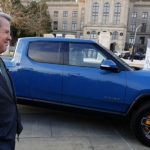“It’s not only about the trade. It’s about security. It’s about Ukraine. It’s about current geopolitical volatility. I cannot go into all the details,” EU Trade Commissioner Maroš Šefčovič told reporters Monday.
“I can assure you it was not only about the trade,” he insisted, a day after “the deal” was sealed in an hour-long meeting once Trump finished playing a round of golf with his son at the course he owns in Scotland.
“We’re going to be sending now military equipment and other equipment to NATO, and they’ll be doing what they want, but I guess it’s for the most part working with Ukraine,” Trump said Sunday, sounding ambivalent about America’s role in the alliance.
The Europeans also are wary about a U.S. troop drawdown, which the Pentagon is expected to announce by October. Around 84,000 U.S. personnel are based in Europe, and they guarantee NATO’s deterrent effect against an adversary like Russia.
“The EU is in a difficult situation because we’re very dependent on the U.S. for security,” said Niclas Poitiers at the Bruegel research institution in Brussels. “Ukraine is a very big part of that, but also generally our defense is underwritten by NATO.”
“I think there was not a big willingness to pick a major fight, which is the one (the EU) might have needed with the U.S.” to better position itself on trade, Poitiers told The Associated Press about key reasons for von der Leyen to accept the tariff demands.
“Purchases of U.S. energy products will diversify our sources of supply and contribute to Europe’s energy security. We will replace Russian gas and oil with significant purchases of U.S. LNG, oil and nuclear fuels,” von der Leyen said in Scotland on Sunday.
That was why European allies agreed at NATO’s summit last month to spend hundreds of billions of dollars more on defense over the next decade. Primarily for their own security, but also to keep America among their ranks.
The diplomacy involved was not always elegant.
Rutte brushed off questions about potential embarrassment or concern that Trump had aired it, saying: “I have absolutely no trouble or problem with that because there’s nothing in it which had to stay secret.”
Von der Leyen did not appear obsequious in her meeting with Trump. She often stared at the floor or smiled politely. She did not rebut Trump when he said that only America is sending aid to Gaza. The EU is world’s biggest supplier of aid to the Palestinians.
With Trump’s threat of 30% tariffs hanging over European exports — whether real or brinksmanship is hard to say — and facing the prospect of a full-blown trade dispute while Europe’s biggest war in decades rages, 15% may have been a cheap price to pay.
“In terms of the economic impact on the EU economy itself, it will be negative,” Poitiers said. “But it’s not something that is on a comparable magnitude like the energy crisis after the Russian invasion of Ukraine, or even COVID.”
“This is a negative shock for our economy, but it is something that’s very manageable,” he said.
It remains an open question as to how long this entente will last.
___
Mark Carlson in Brussels contributed to this report.








